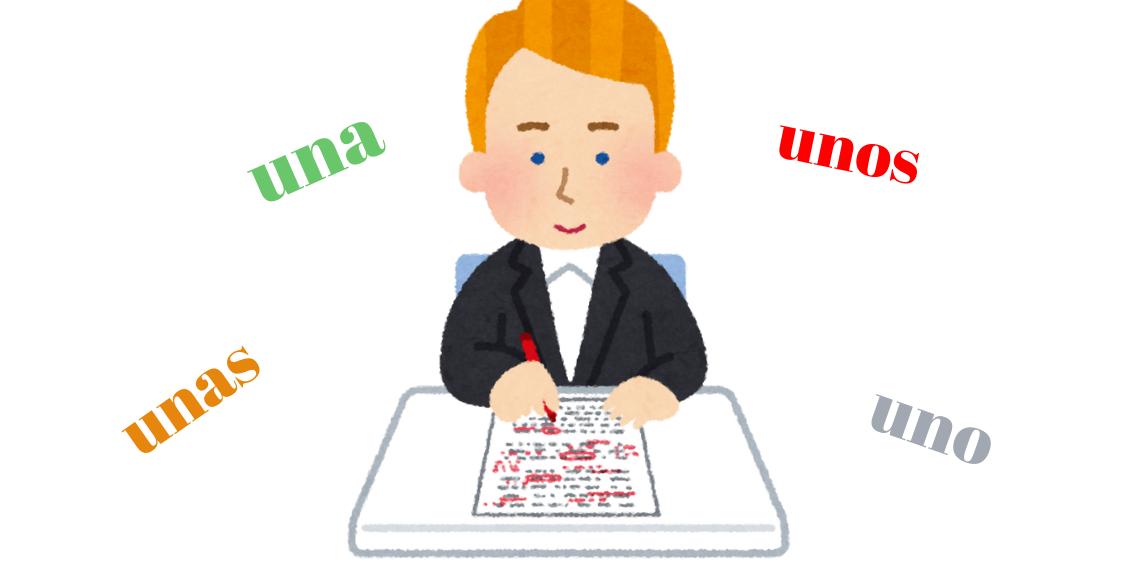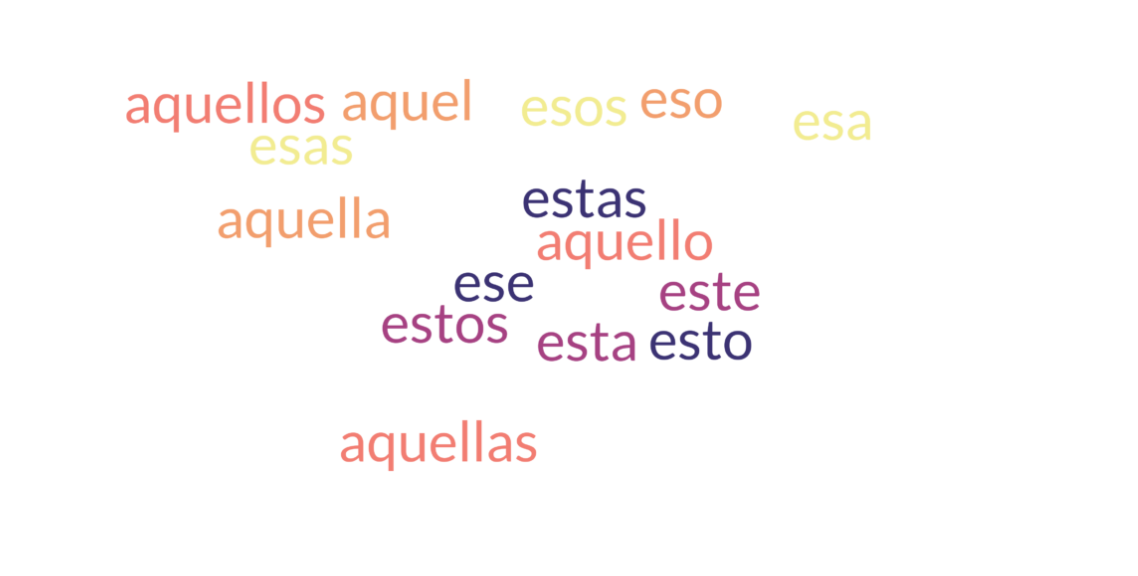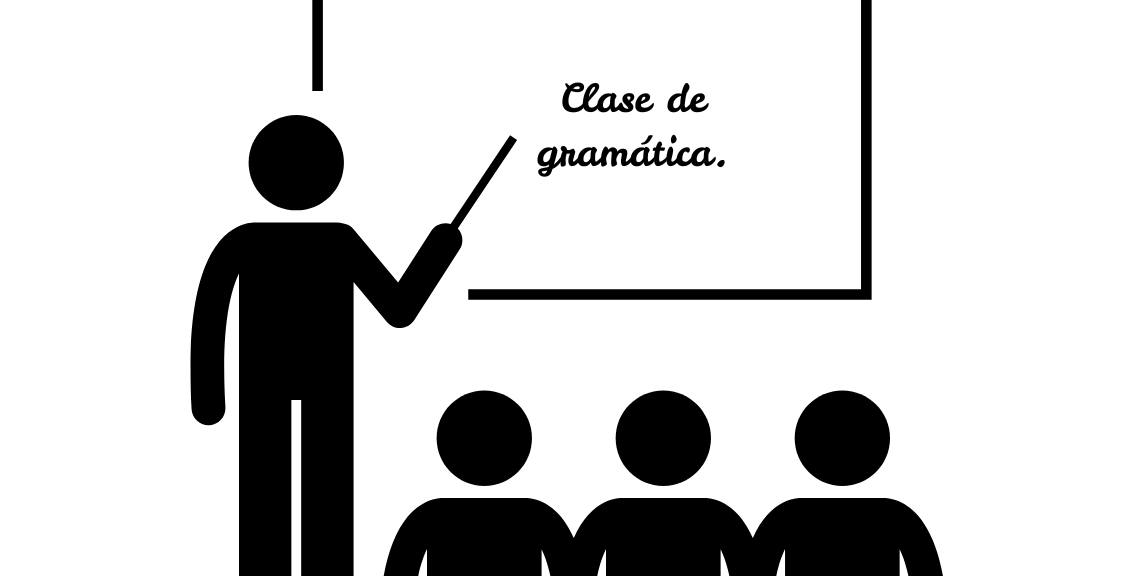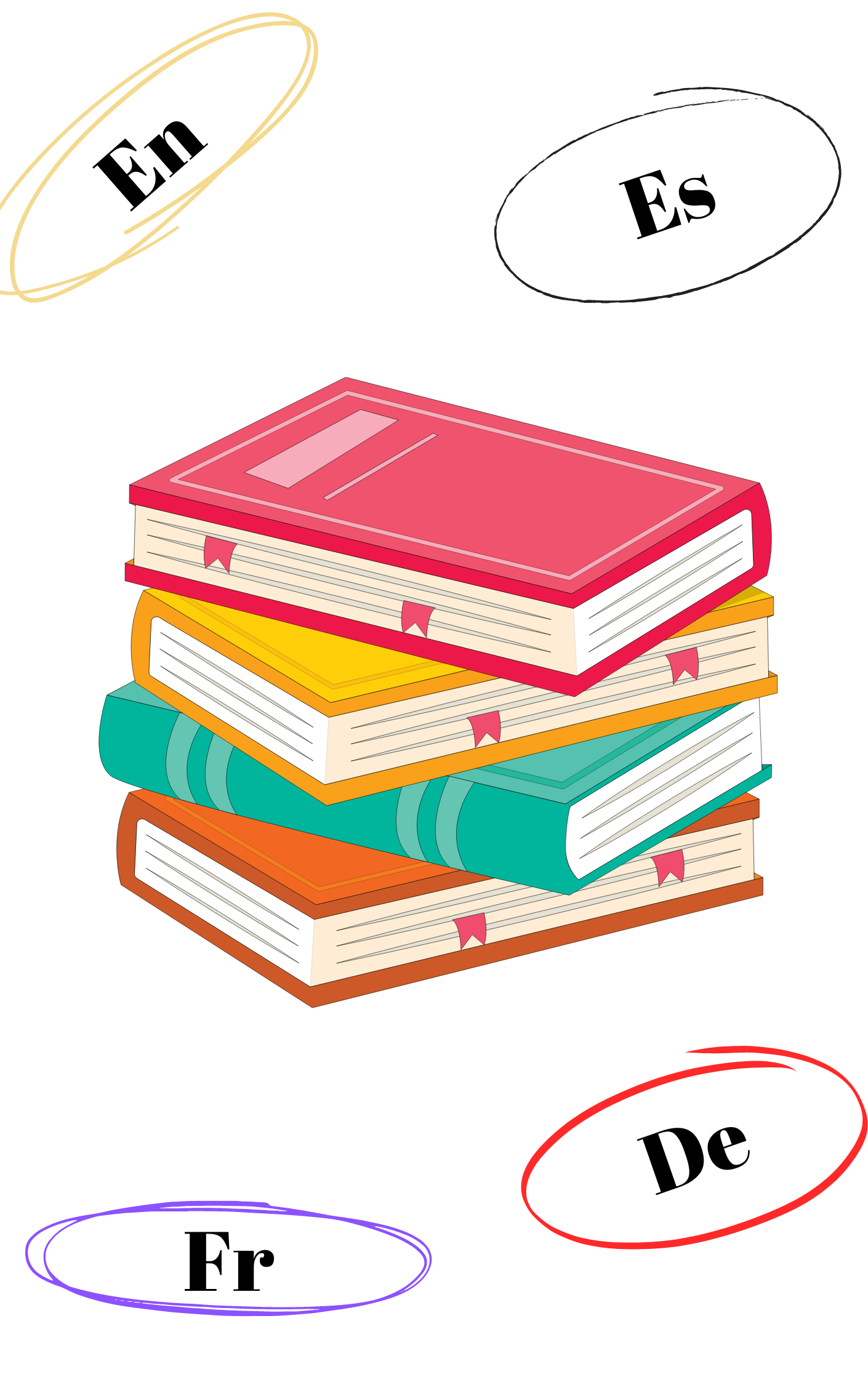The indefinite article in Spanish
rticles, in linguistics, are words that accompany nouns indicating, for example, whether it refers to a specific thing or any of the things in its group. In Spanish, they match the noun in number and grammatical gender. Thus, the indefinite articles in Spanish have the following forms:
- Singular: un (masculino), una (femenino);
- Plural: unos (masculino), unas (femenino).
Uses of the indefinite articles.
The indefinite articles are used to:
-
- Introduce a non-specific noun, identifying it as part of a group or class:
- ¿Qué es eso? Es una manzana. ¿What’s that? That’s an apple.
- El elefante es un animal. The elephant is an animal.
- ¿Quién es Cristiano Ronaldo? Un futbolista. ¿Who’s Cristiano Ronaldo? A football player.
- Indicate quantity:
- With singular countable nouns, it indicates a single unit. Tengo un reloj, quiero comprar un auto. I have a watch, I want to buy a car.
- With plural countable nouns, it refers to more than one unit without specifying the exact quantity. Tengo unos libros para regalar. Compré unas manzanas que estaban muy ricas. have some books to give away. I bought some apples that were very tasty.
- In spoken language, they are used with uncountable nouns to refer to the presentation of certain products, for example.
- Introduce a non-specific noun, identifying it as part of a group or class:
- ¿Me das un agua? means a bottle of water.
An exception: when the noun is omitted, the singular masculine indefinite article un becomes uno.
- ¿Tienes un lápiz? Do you have a pencil?
- Sí, tengo uno. Yes, I have one.
In addition, as with the definite articles, before feminine nouns that begin with a stressed -a or -ha (if the “a” is stressed), un is used instead of una.
Un águila. An eagle.
Un hacha. An axe.
Absence of the indefinite article.
In Spanish, the indefinite article is not used with professions, nationalities, or religions after verbs like ser (to be), hacerse (to become), or convertirse en (to turn into).
Mi hermana es profesora de español. My sister is a Spanish teacher.
Matías es italiano. Matías is Italian.
¿Tus padres son católicos? Are your parents Catholic?
They are used when, after the noun, we add an adjective or a relative clause.
Manuel es un profesor muy responsable. Manuel is a very responsible teacher.
Luis Miguel es un cantante mexicano. Luis Miguel is a Mexican singer.
Él es un budista que vive en Argentina. He is a Buddhist who lives in Argentina.
The indefinite article is also not used when referring to the class of the noun, and not to an individual member of that class.
Mi padre guarda vinos en el sótano. My father keeps wines in the basement.
No tengo ganas. I don’t feel like.
No queda pan. There’s no more bread.
¿Hay manzanas? Are there apples?
Again, it is used if we add an adjective.
Mi padre compró unos vinos carísimos. My father bought some very expensive wines.
Tengo unas ganas enormes de viajar. I have an enormous desire to travel.
Compré unos panes muy ricos. I bought some very tasty bread.
Me regalaron unas manzanas muy grandes. They gave me some very large apples.
Thank you for reading! Here are some exercises for you to practice the use of these articles.






Leave a Reply